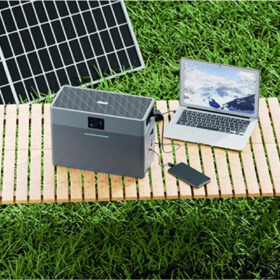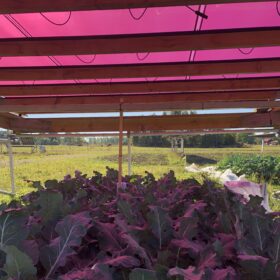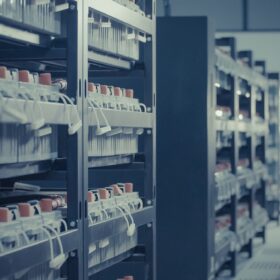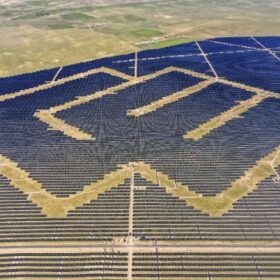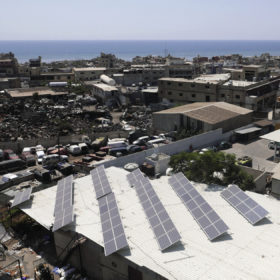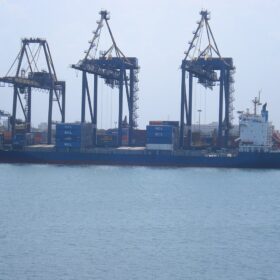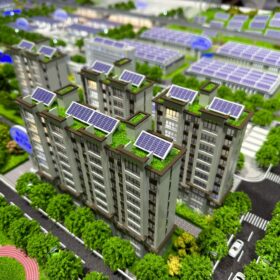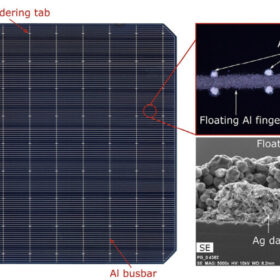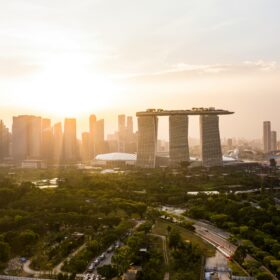Deye launches 2 kWh hybrid ESS for residential, off-grid PV
Chinese manufacturer Deye says its new energy storage system (ESS) features a microinverter, a lithium iron phosphate (LFP) battery module, and a battery management system (BMS).
Wavelength-selective PV tech for agrivoltaic applications
Scientists in Sweden have conducted a comprehensive review of all wavelength-selective PV technologies for agrivoltaic installations. They suggested creating standards for reporting on the performance of these technologies.
Data center specialist begins building 120 MW of solar in South Africa
South African data center company Teraco has started building a 120 MW solar plant. The project, which secured grid capacity in February, is expected to go online in 2026.
World’s second-largest solar plant goes online in China
CHN Energy has connected the 3 GW Mengxi Lanhai solar facility to the grid after 14 months of construction. The project in Ordos, Inner Mongolia, required a total investment of approximately CNY 12 billion ($1.6 billion).
Scientists use series active filter to improve power quality of grid-tied PV
Scientists in the Middle East have developed a series active filter to improve power quality in grid-tied PV systems, consisting of an inductor, two capacitors, and four transistor-diode pairs. The filter reduces total harmonic distortion in voltage and current waves at the inverter output.
India’s PV module exports continue to surge
India’s PV module exports surged 23-fold from fiscal 2022 to fiscal 2024, positioning the nation to potentially replace Southeast Asian countries as a top solar exporter to the US market, according to a new report by the Institute for Energy Economics and Financial Analysis (IEEFA) and JMK Research.
Italy allocates 322 MW of PV in latest renewables auction
The Italian authorities have allocated 410.6 MW of renewables capacity in the nation’s 15th procurement exercise for clean energy. Developers have offered a maximum discount ranging between 2.01% and 5.35% from the auction ceiling price of €0.07778 ($0.08272)/kWh.
Global PV demand to hit 469 GW and 533 GW this year, says PV Infolink
PV InfoLink says that Chinese solar demand will reach between 240 GW and 260 GW this year, while European demand will hit 77 GW to 85 GW.
Solar cells built on dots and dashes of silver
A team from the University of New South Wales (UNSW) School of Photovoltaic and Renewable Energy Engineering has reinvented the design of screen-printed contacts to reduce costs and silver consumption, without sacrificing the efficiency of tunnel oxide passivated contact (TOPCon) solar cells.
Pathway to Singapore’s solar development
Singapore could import large quantities of low-cost solar power from neighbouring countries using undersea cables, with the indicative cost being competitive with gas generation. Unlimited world-class pumped hydro energy storage is available in neighbouring countries in the range 50-5000 GWh to support very large scale transmission.
